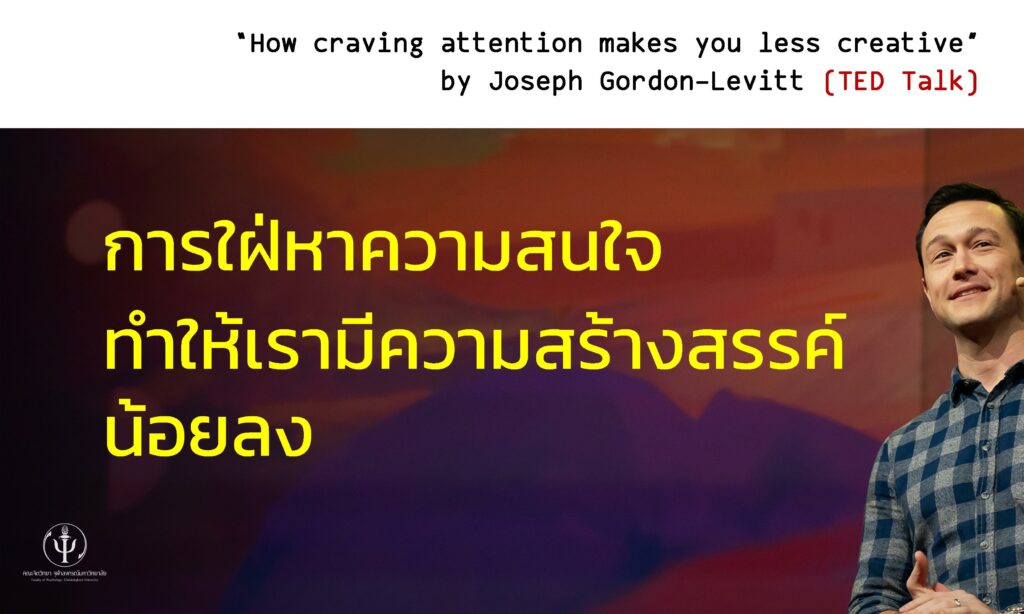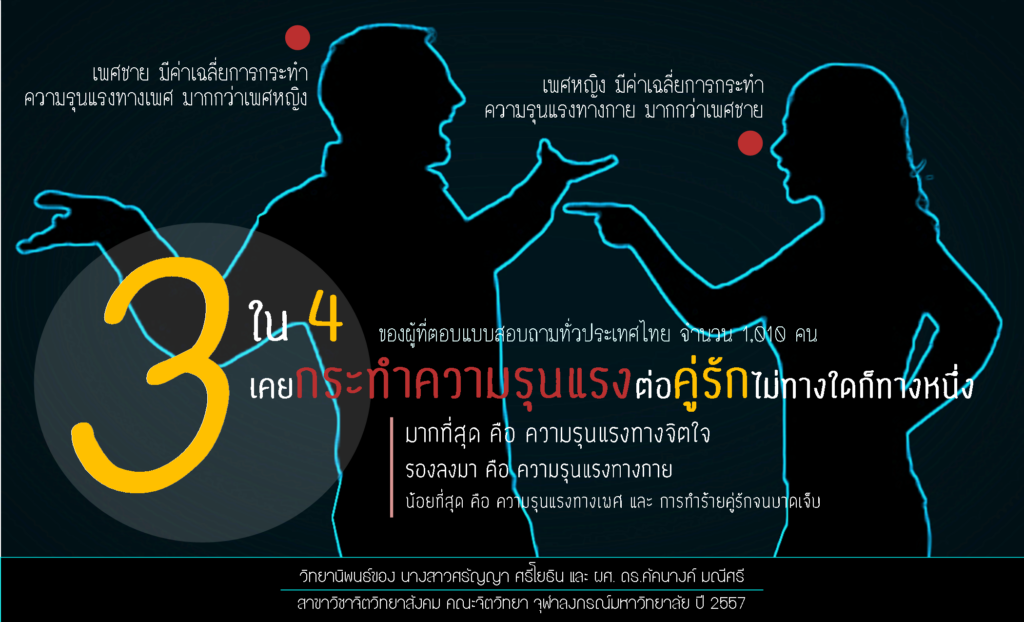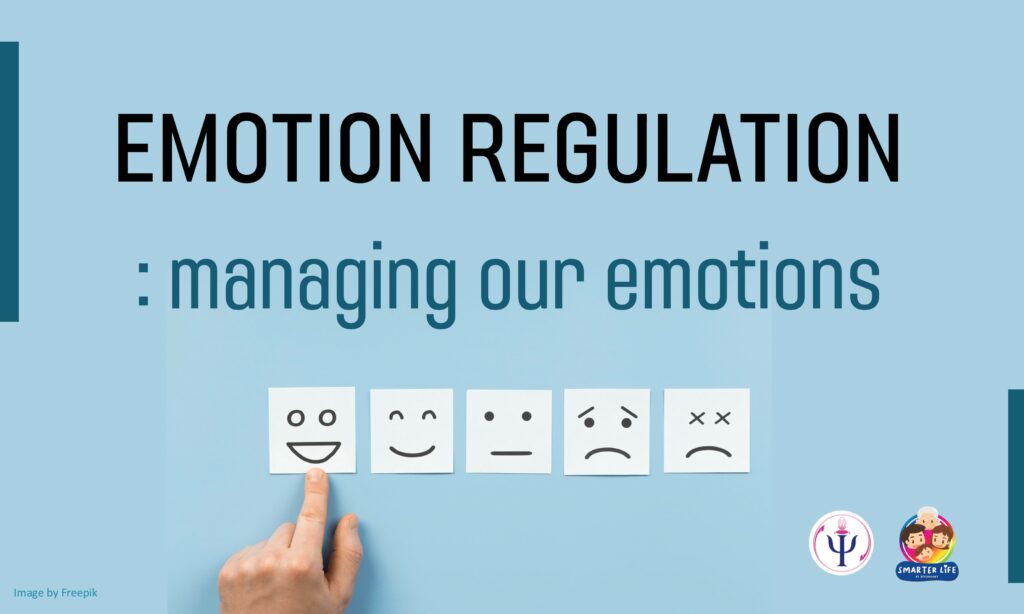Can you get smarter?
A common belief is that a person’s cognitive ability, such as their skill at planning, attention and problem solving, is a fixed factor. But this is a misconception. There are many things that we can do to improve our cognitive ability.
Part of the reason for this misconception is that intelligence, which is really just one’s average cognitive ability, and IQ scores, are often described as if they were a fixed trait. A person may tell you that their IQ is 130, or whatever, as if it hasn’t changed since they were assessed many years ago. In reality, our cognitive ability changes over time, even within a day- think about how well you can concentrate when you are tired, compared to when you are refreshed.
It is true that people do vary a lot in their cognitive ability. And within the overall population, about 50% of that variation is due to genetic factors. But, importantly, that leaves a lot which is due to experience, and, in fact, there is almost no limit to how much we can enhance that experience aspect. A great example of this is when children are taken from homes in which the parents have trouble caring for them, and are adopted by more able families. This leads to a substantial increase in the children’s intelligence test scores (see Nisbett et al., 2012). The point is that the environments and experiences that we create for children, and for ourselves, will have either negative or positive effects on our cognitive ability, and these can be very large effects. But, fortunately, we have the ability to control that for the better.
Here are some ways that we can make ourselves smarter.
Firstly, education and training are powerful tools that increase cognitive ability, perhaps the most powerful tools available to us. Decades of research has shown that spending longer in formal education causes increase one’s intelligence. In fact, you can probably add about 3 IQ points for each additional year you spend in education (see Ritchie & Tucker-Drob, 2018). Even short courses over a few weeks can result in increased cognitive ability (see Crespo-Andrade et al., 2022). But if you can’t take classes, regular reading is an important and powerful way to enhance your own mind.

Secondly, your intelligence is completely dependent on the health or your brain. When we study psychology, we often talk of abilities and traits in very abstract ways. But in reality, every thought we ever have, every feeling we ever experience, and every action that we ever make, is the consequence of millions of physiological events in the brain. Our neurons constantly interact with glia (‘support cells’) and with blood vessels. Whatever is happening in your body, particularly your blood, affects your brain (see Pluck, 2022). A simple way to improve intelligence is to improve that environment for your brain. This could mean eating healthy food, exercising, and avoiding psychoactive substances (such as alcohol and nicotine). These will all make your brain fitter and help you to think more clearly, and make smarter decisions.
Thirdly, get vaccinated and keep up to date with Covid-19 boosters, and wear masks in public. There is now a lot of evidence that catching Covid can lead to neurological and cognitive disorders. We can’t avoid the disease completely, unfortunately. But the evidence suggests that severe illness (see Tsvetanov et al., 2022), or repeated infections are a particular risk cognitive impairment, and we can reduce our risk in that way.

Fourthly, manage your stress. We all often feel that we have to complete tasks and achieve things against time deadlines and quality standards. But there is a huge amount of psychological and neuroscience research showing how stress damages our health, and our ability to think clearly (see Marin et al., 2011). Anything that you can do to manage stress, or overall mental health, will be good for you and your brain. It may even make your performance better. Getting out of the urban environment and walking in a natural environment, such as Lumpini park, is great for stress control, and brain health in general.
Finally, take sleep seriously. Although psychologists still don’t know what sleep and dreaming is for, the fact that we spend so long doing it, and all animals do it (even spiders dream!) indicates that it’s doing something very important. We usually don’t remember what happens to us during sleep, but it is possible that we remain conscious the whole time. Psychologists are now realizing that during sleep we may be planning for future events, and processing and consolidating things that we learnt while awake (see Windt et al., 2016). Sleeping well will improve your future cognitive ability, and your stored knowledge and skills. We can improve our sleep quality by sticking to routines, giving ourselves enough time in bed, and making sure we have a comfortable space, that is quiet and dark.

Does it matter? Well yes, psychological research has shown that better cognitive ability only ever has positive consequences for our lives, such as increased earnings, life satisfaction, family harmony, and longevity (see Brown et al., 2021). Furthermore, cognitive ability is a protective factor against a range of neurological and mental health disorders. So, we can all make small changes to improve our lives, by improving our cognitive ability.
It’s time to get smart about your cognitive health.
Author
Dr Graham Pluck
Lecturer in JIPP Program
References
Brown, M. I., Wai, J., & Chabris, C. F. (2021). Can you ever be too smart for your own good? Comparing linear and nonlinear effects of cognitive ability on life outcomes. Perspectives on Psychological Science, 16(6), 1337-1359. https://doi.org/10.1177/1745691620964122
Crespo-Andrade, C., Trueba, A. F., Garcés, M. S., & Pluck, G. (2022). Multicomponent intervention associated with improved emotional and cognitive outcomes of marginalized unemployed youth of Latin America. Social Sciences, 11(4), 155. https://doi.org/10.3390/socsci11040155
Marin, M. F., Lord, C., Andrews, J., Juster, R. P., Sindi, S., Arsenault-Lapierre, G., … & Lupien, S. J. (2011). Chronic stress, cognitive functioning and mental health. Neurobiology of Learning and Memory, 96(4), 583-595. https://doi.org/10.1016/j.nlm.2011.02.016
Nisbett, R. E., Aronson, J., Blair, C., Dickens, W., Flynn, J., Halpern, D. F., & Turkheimer, E. (2012). Intelligence: new findings and theoretical developments. American Psychologist, 67(2), 130-159. https://doi.org/10.1037/a0026699
Pluck, G. (2022). ABO blood group, socioeconomic status, and cognitive function: Evidence from college students for better visual recognition associated with the Type O phenotype. Journal of Cognitive Science, 23(4), 493-524. https://doi.org/10.17791/jcs.2022.23.4.493
Ritchie, S. J., & Tucker-Drob, E. M. (2018). How much does education improve intelligence? A meta-analysis. Psychological Science, 29(8), 1358-1369. https://doi.org/10.1177/0956797618774253
Tsvetanov, K. A., Spindler, L. R., Stamatakis, E. A., Newcombe, V. F., Lupson, V. C., Chatfield, D. A., … & CITIID-NIHR BioResource COVID-19 Collaboration. (2022). Hospitalisation for COVID-19 predicts long lasting cerebrovascular impairment: A prospective observational cohort study. NeuroImage: Clinical, 36, 103253. https://doi.org/10.1016/j.nicl.2022.103253
Windt, J. M., Nielsen, T., & Thompson, E. (2016). Does consciousness disappear in dreamless sleep? Trends in Cognitive Sciences, 20(12), 871-882. https://doi.org/10.1016/j.tics.2016.09.006
Cr. Pic – https://www.freepik.com/




